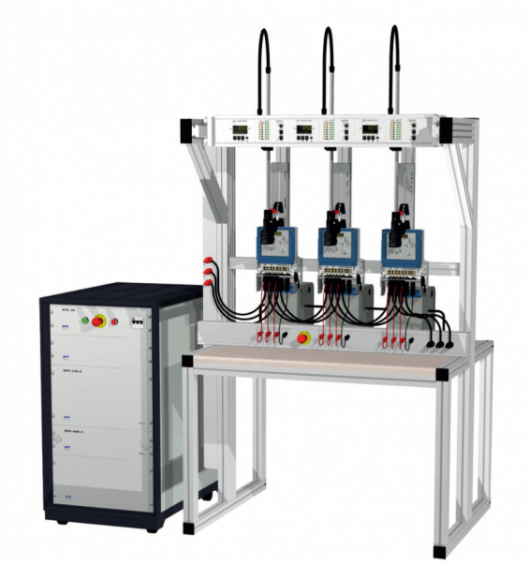MTEoffers a broad range of customized high precision test systems for customers such as utilities, meter manufacturers and meter test laboratories.
The individual system components of a MTE meter test system are modularly developed and can be combined in any order for testing of single- and three-phase meters with or without closed I-P links. This modular design gives flexibility and enables MTE to provide the optimal customer orientated solution for each single- or three-phase meter test system the customer requires to meet the changing needs in the metering world.
MTE offers and respects the importance to upgrade existing test systems and provides solutions to gradually replace existing systems with modern components. Whatever the needs, wherever the customers, MTE has the innovative solutions and the focus to contribute to the efficiency, profitability and quality of our customers.










